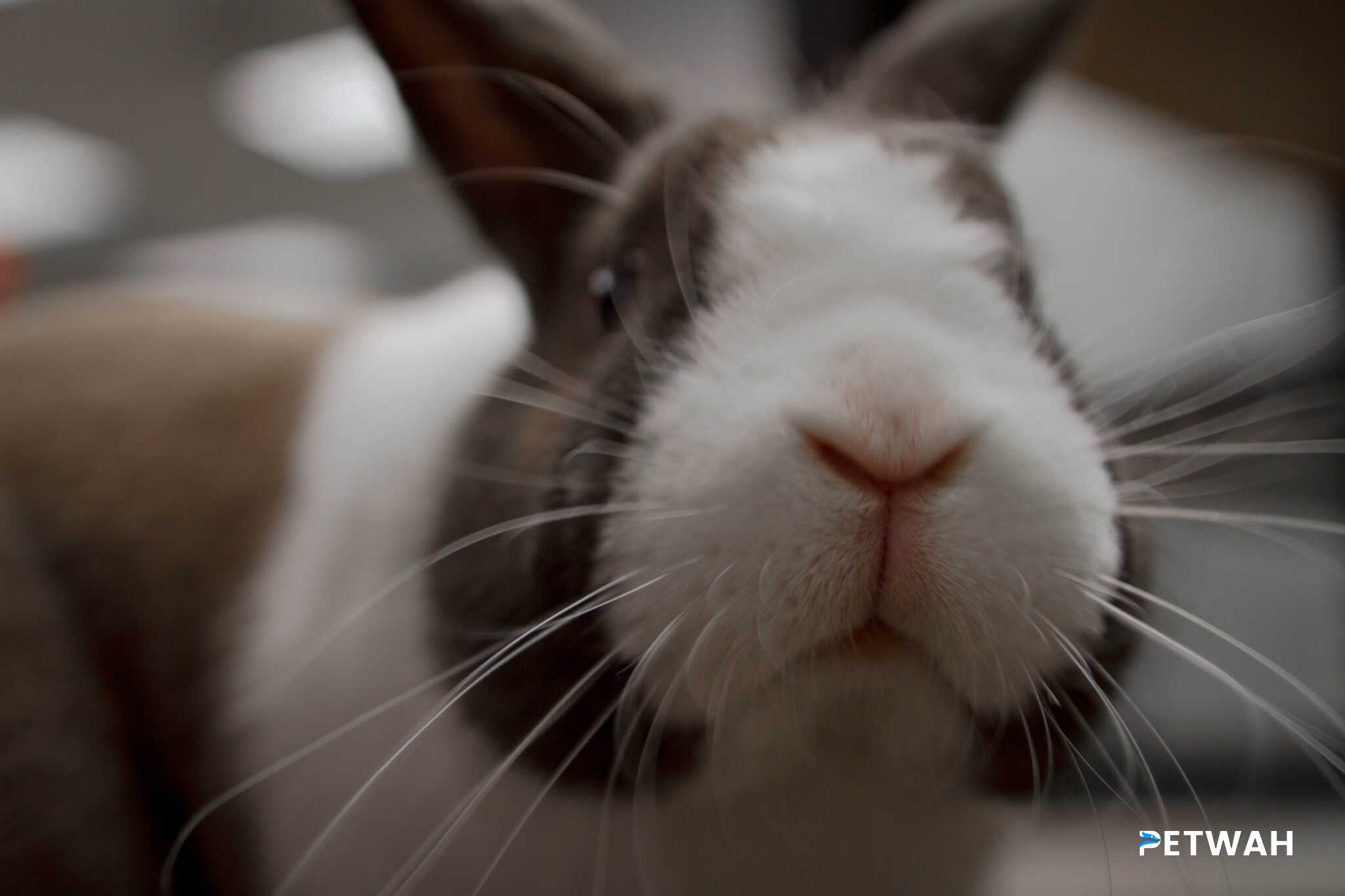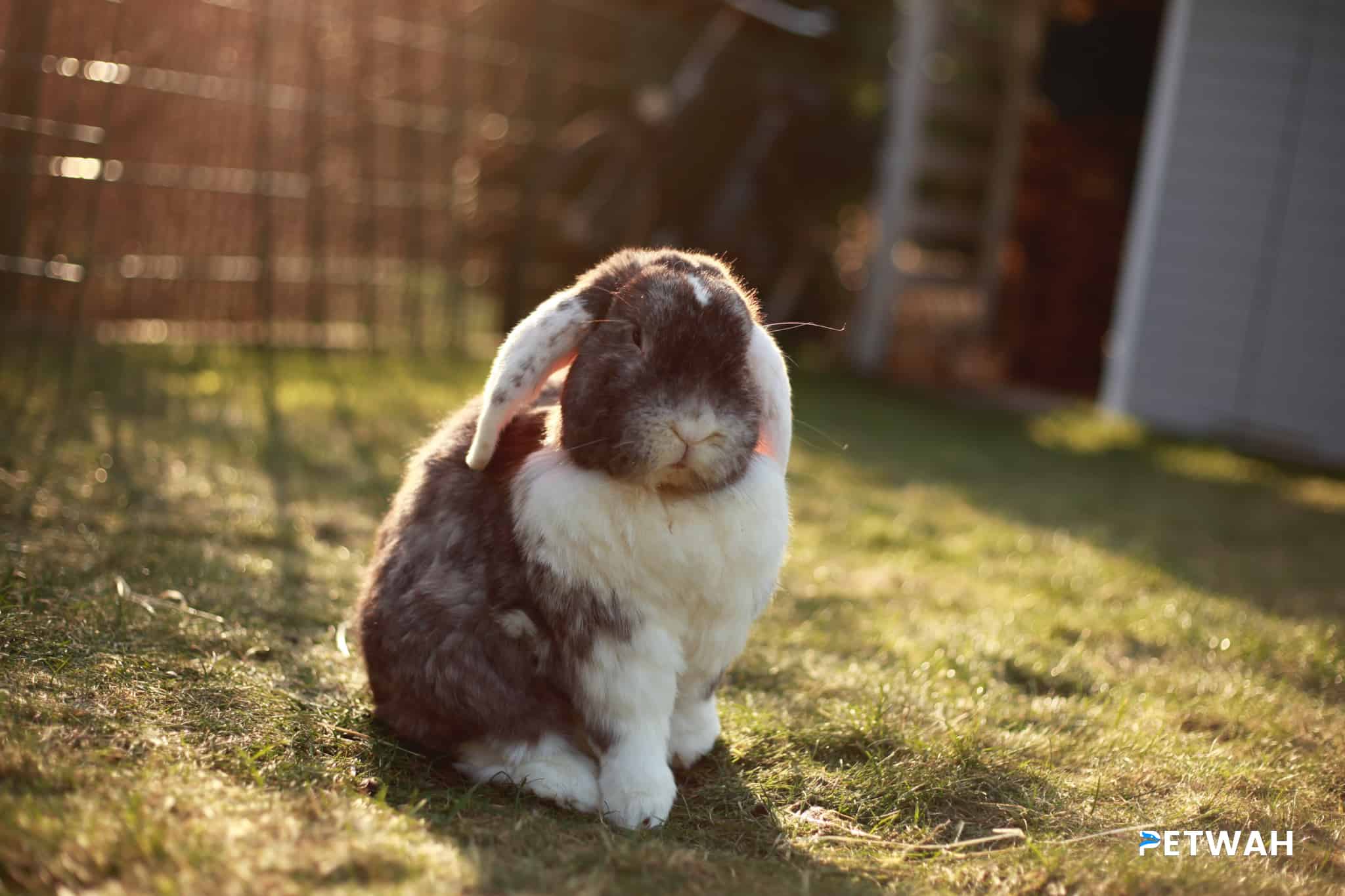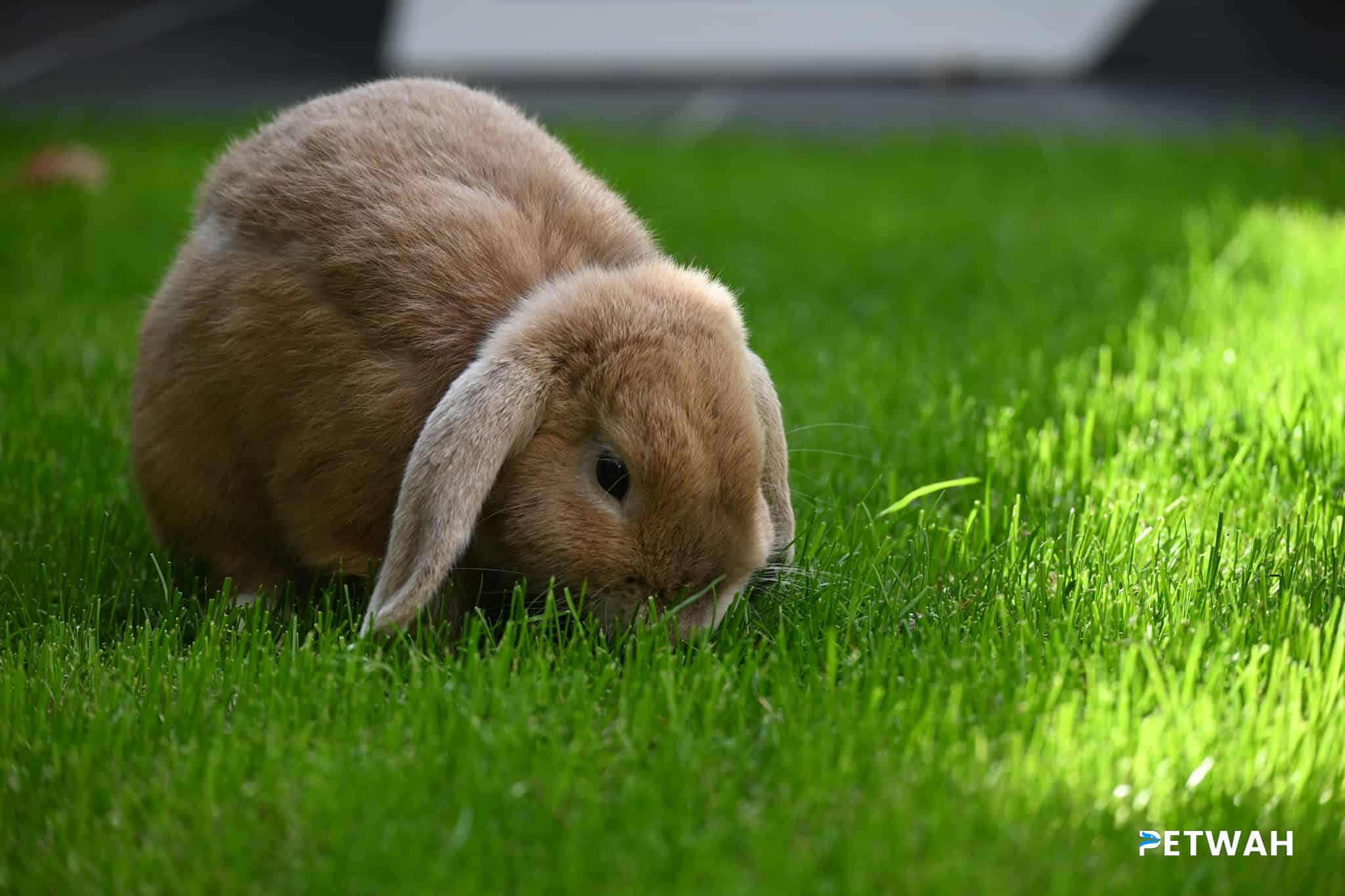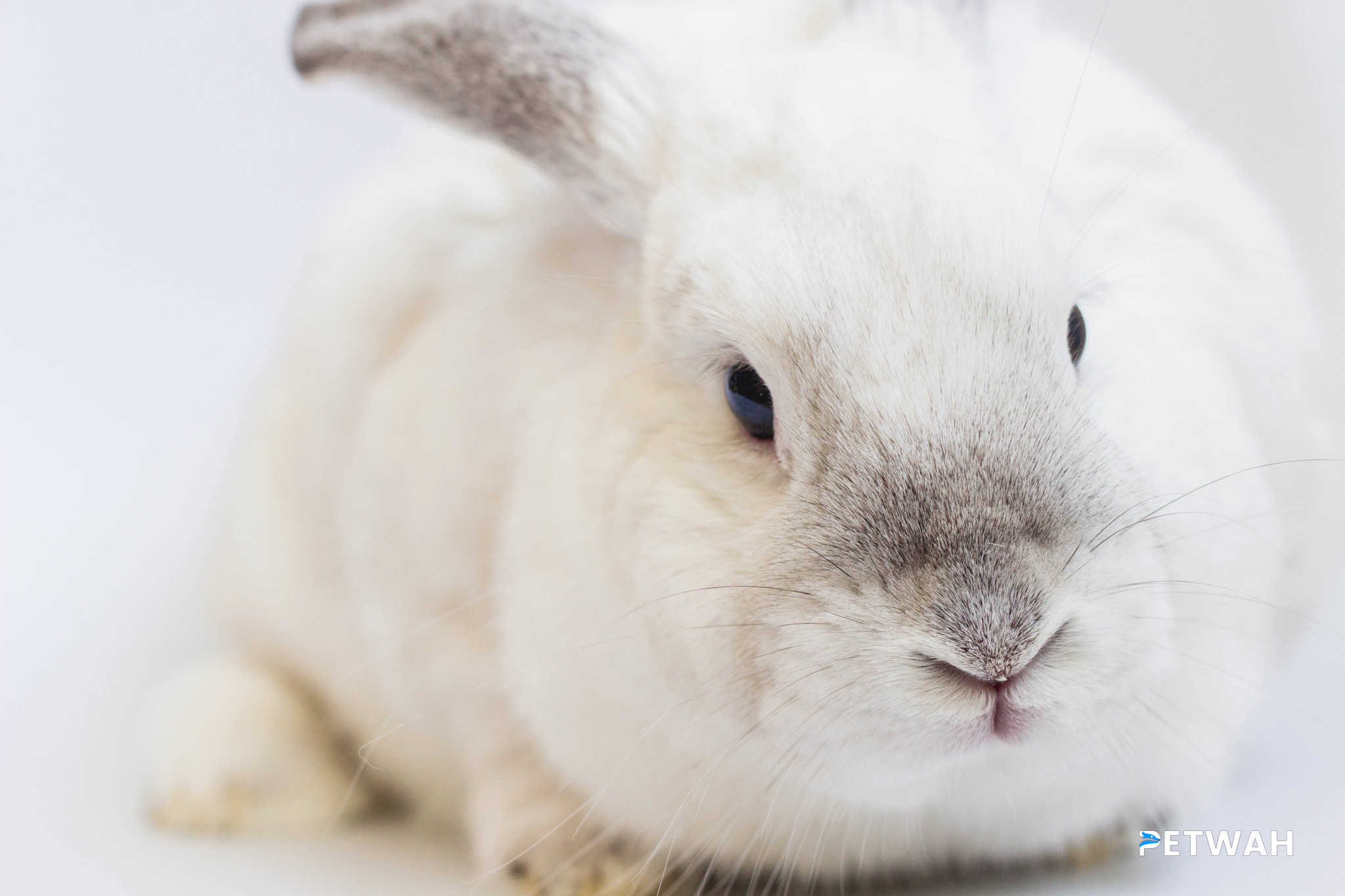As a rabbit owner, you want your bunny to be happy and healthy. One of the key indicators of a rabbit’s overall health is the condition of its skin. Unfortunately, skin problems are a common issue in rabbits that can cause discomfort and even lead to more serious health problems if left untreated. In this blog post, we’ll be discussing some of the most common skin problems that can affect your bunny, as well as tips on how to identify and treat them. By the end of this article, you’ll be better equipped to keep your furry friend’s skin healthy and happy.
Rabbits are adorable pets that many people love to keep at home. They are cute, cuddly, and make great companions. However, one aspect of owning a rabbit that many people overlook is the importance of taking care of their skin. Just like humans, rabbits can experience skin problems that can cause them discomfort, pain, and even lead to serious health issues.
In this blog post, we will discuss some of the common skin problems that rabbits can experience and what you can do to help your bunny feel better.
1. Mites and Lice
Mites and lice are common parasites that can infest a rabbit’s skin. These tiny creatures can cause your bunny to scratch excessively, leading to hair loss, scabs, and open sores. If left untreated, mites and lice can cause serious health issues such as anemia and infections.
To prevent and treat mites and lice, you will need to clean your rabbit’s cage regularly and keep their bedding fresh. You can also use a rabbit-safe insecticide powder or spray to help control these parasites.
2. Fur Mites
Fur mites are another type of parasite that can affect rabbits. They live in the hair follicles and can cause hair loss, itching, and skin irritation. Fur mites can be difficult to control, and you may need to consult with a veterinarian to get the right treatment.
To prevent fur mites, make sure to keep your rabbit’s cage clean and give them regular baths. You can also use a rabbit-safe insecticide spray to help control these parasites.
3. Abscesses
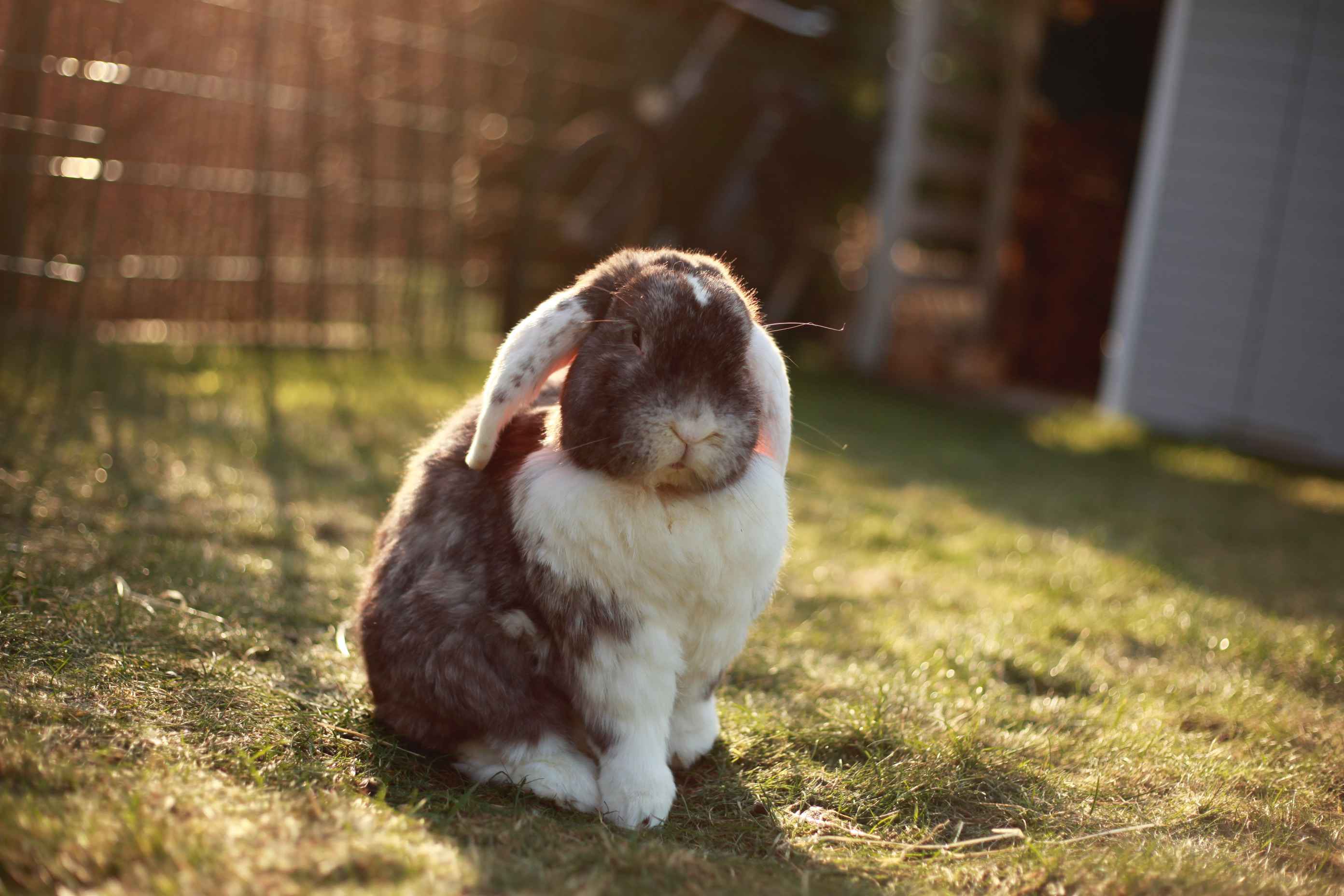
Abscesses are a common skin problem that can affect rabbits. They are pockets of pus that can form under the skin, usually as a result of an infection. Abscesses can be painful and can cause your bunny to feel lethargic and lose their appetite.
If you notice an abscess on your rabbit’s skin, you should take them to a veterinarian immediately. They will need to drain the abscess and prescribe antibiotics to treat the infection.
4. Skin Infections
Skin infections are another common skin problem that can affect rabbits. They can be caused by bacteria, viruses, or fungi and can cause your bunny to experience itching, redness, and hair loss.
To treat skin infections, you will need to take your rabbit to a veterinarian. They will prescribe antibiotics or antifungal medication to help clear up the infection.
5. Ear Mites
Ear mites are a common parasite that can affect rabbits. They live in the ear canal and can cause your bunny to experience itching, head shaking, and ear discharge. Ear mites can also lead to more serious health issues such as infections and hearing loss.
To prevent and treat ear mites, you will need to clean your rabbit’s ears regularly and use a rabbit-safe insecticide spray to help control these parasites.
Overall, taking care of your rabbit’s skin is an important part of their overall health and wellbeing. By keeping their cage clean, giving them regular baths, and being aware of the common skin problems that can affect rabbits, you can help your bunny feel happy and healthy for years to come. If you notice any skin problems or changes in your rabbit’s behavior, it is important to consult with a veterinarian for proper diagnosis and treatment.
In conclusion, it is important to keep a close eye on your bunny’s skin and address any issues promptly. By understanding the common skin problems in rabbits and taking preventative measures, you can help keep your furry friend healthy and happy. If you notice any unusual changes in your rabbit’s skin, it is always best to consult with a veterinarian who specializes in exotic animals. With proper care and attention, you can help ensure your bunny’s skin stays soft, smooth, and problem-free.


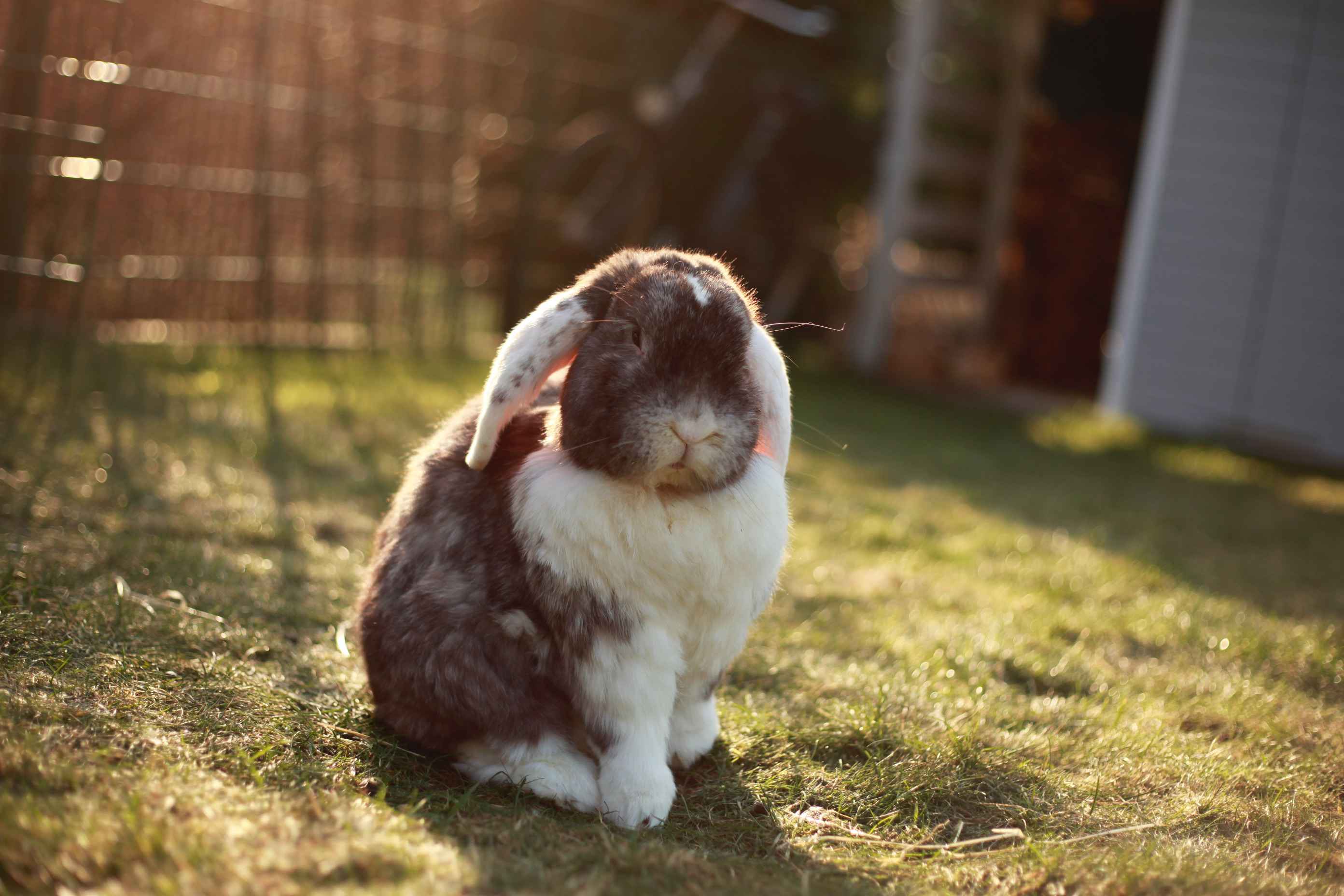
.jpg)
.jpg)
